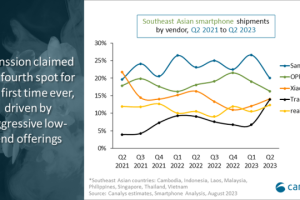Apple’s ResearchKit platform promises to change the way clinical trials are conducted, giving medical researchers access to patient-
Whether that will actually work remains to be seen.
After it was tucked into Apple’s recent press conference to unveil the Apple Watch, ResearchKit was hailed as an open-source platform upon which apps could be developed that allow consumers to enter their data and researchers to collect biometrics in real-world settings, outside the constraints of a lab or clinic or some such controlled environment. This would, in essence, open up medical research to everyone with an iPhone.
“This is an inflection point for medical research,” said Corey Bridges. CEO of LifeMap Solutions, which helped develop the Asthma Help app – one of five already available for ResearchKit – and is engaging in a study with Mount Sinai Health’s Icahn School of Medicine. “This will lead to larger and much more interesting studies.”
Bridges said ResearchKit eliminates the “brick and mortar” issues that have plagued clinical trials in the past – namely, that they’re restricted to subjects who can physically visit the testing site for interviews. Now, armed with e-consent forms and following Institutional Review Board standards, medical researchers can fashion a study that draws data from any number of participants and environments.
Others, however, questioned whether the platform will enable researchers to conduct better tests or just inundate them with questionable data.
There’s no doubting the news struck a chord among the healthcare community. While more than 2,500 have signed up so far for the Asthma Help study, Stanford University reported that 11,000 people had signed up for a cardiovascular study less than 24 hours after ResearchKit was unveiled.
Apple officials say they’re working to make sure privacy and security concerns are addressed. In guidelines posted on the App Store, the company said ResearchKit applications will be rejected “if they don’t provide a privacy policy, store user information in iCloud and provide diagnosis or treatment advice. App developers must also agree not to share data with third parties or sell data.”



























